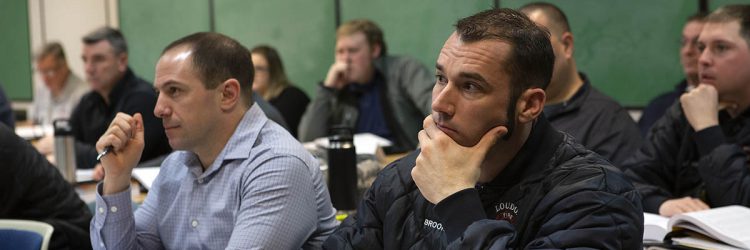Pre Hospital and Interfacility Transport Stroke Care
Virtual (no location)This course will review current best practices for stroke care from a pre hospital and interfacility perspective. Focus of course will be on identification and triage care of acute neurological processes in the pre hospital via case studies and a review of basic neuro physiology. Special attention to the complexities of neurological deficits; particularity stroke, treatment options that require time sensitive care and specific destinations for that care. Lastly, the course will review special considerations for transporting the stroke patient between facilities. After this course learners will be able to : • List the common stroke risk factors • Recognize the signs of stroke; including uncommon presentations. • Verbalize the goals of care at scene strokes • Acknowledge understanding of the current NH state protocol for stroke care and destination decision directives • Identify assessment priorities and treatment options during neurological patient transport • Describe time sensitive treatment options for both ischemic and hemorrhagic acute stroke



